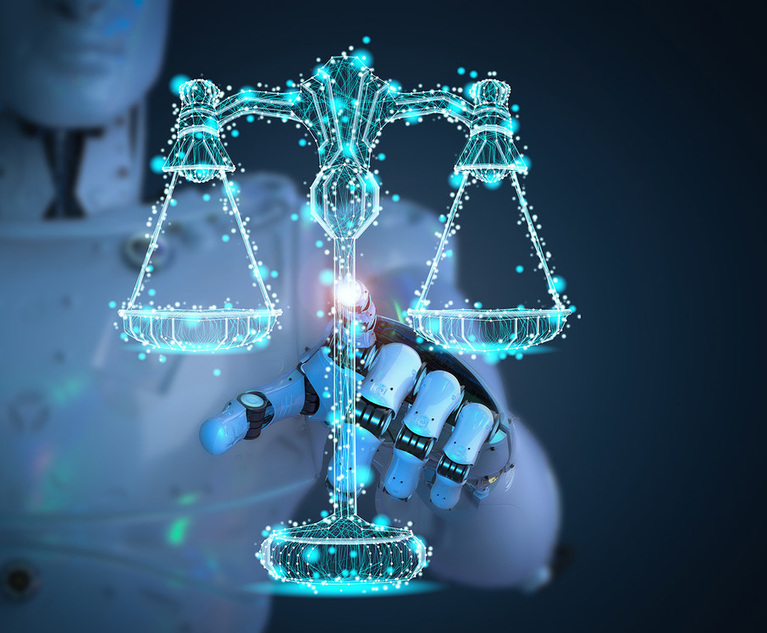In evaluating whether to take on a potential class action case, attorneys have to consider many things. How many other people have been harmed in the same way as the prospective plaintiff? How likely is it that their claims will succeed? How likely is it to get class certification? Have other lawsuits asserting the same claims already been filed? It can be a challenging analysis to undertake even before getting involved in the actual case. The development of legal artificial intelligence (AI) tools in recent years is starting to have an impact on this type of analysis for class actions. This article explores how using AI can impact class action lawsuits and change the legal landscape.
But first, what does AI mean in this context? The term AI within the legal technology field refers, at a basic level, to software designed to perform fairly routine language-related tasks, such as reading court rulings, very quickly over a large data set. It generally involves machine learning, which enables the software to improve its performance according to human direction and feedback. Legal AI tools use natural language processing (NLP) software that can understand written or spoken commands, enabling lawyers to easily give direction and feedback to the AI without needing to use computer programming.


